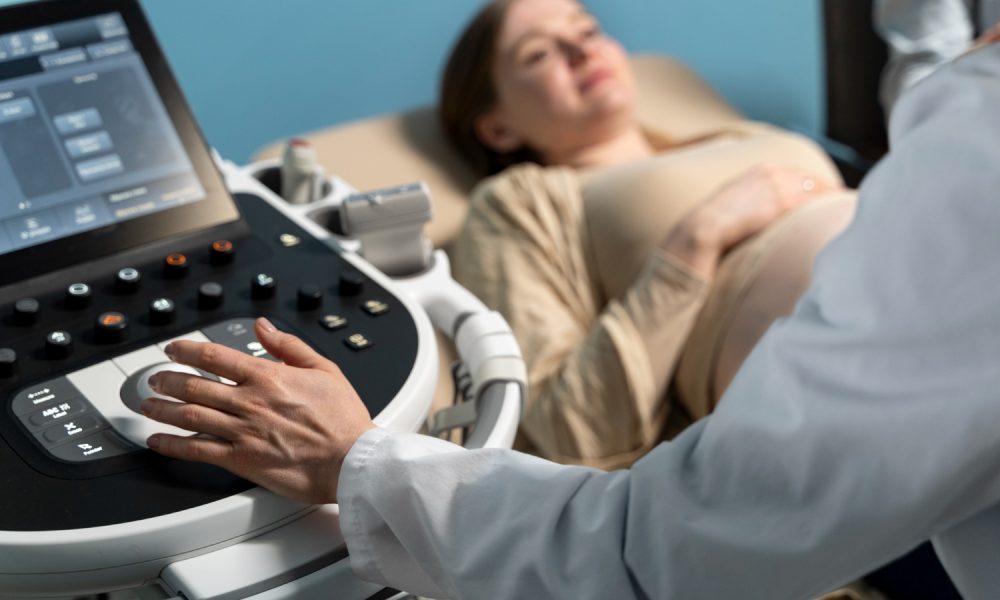IVF

In vitro fertilization (IVF) involves a series of intricate procedures to assist individuals or couples in overcoming infertility. Here are the key treatments involved in IVF:
Ovarian Stimulation: Fertility medications, typically gonadotropins or follicle-stimulating hormone (FSH), are administered to stimulate the ovaries to produce multiple eggs instead of the usual one per cycle.
Monitoring and Hormone Testing: Regular ultrasounds and blood tests track the progress of follicle development and hormone levels to determine the optimal timing for egg retrieval.
Egg Retrieval: A minor surgical procedure, usually performed under sedation, involves using a thin needle to retrieve mature eggs from the ovaries guided by ultrasound.
Sperm Collection: On the day of egg retrieval, the partner or donor provides a semen sample that undergoes preparation to extract the healthiest sperm for fertilization.
Fertilization: In the lab, the eggs and sperm are combined either through conventional IVF (placing eggs and sperm together) or through Intracytoplasmic Sperm Injection (ICSI), where a single sperm is directly injected into an egg.
Embryo Culture: The fertilized eggs are monitored as they develop into embryos in a controlled environment over several days.
Embryo Transfer: One or more embryos are transferred into the uterus through a thin catheter inserted through the cervix. The number of embryos transferred depends on various factors, including age and medical history.
Luteal Phase Support: Hormonal medications (progesterone) are often administered to support the uterine lining and improve the chances of embryo implantation.
Following the transfer, a waiting period ensues before pregnancy testing to determine if implantation and successful pregnancy have occurred. IVF treatments require careful coordination, medical expertise, and emotional support for individuals or couples undergoing the process.


